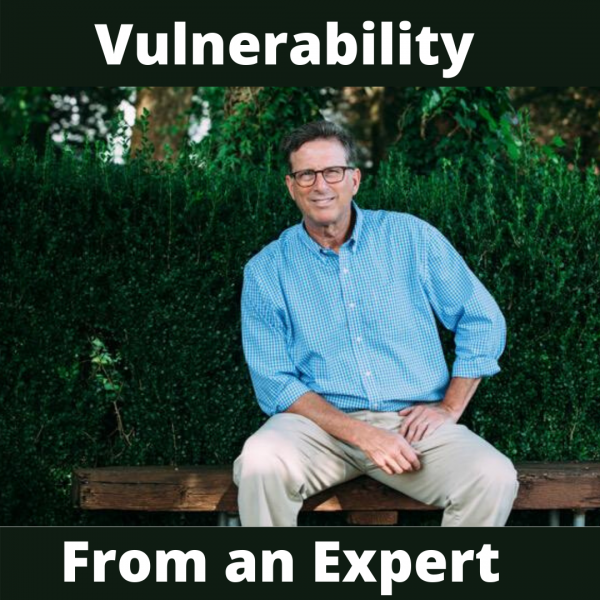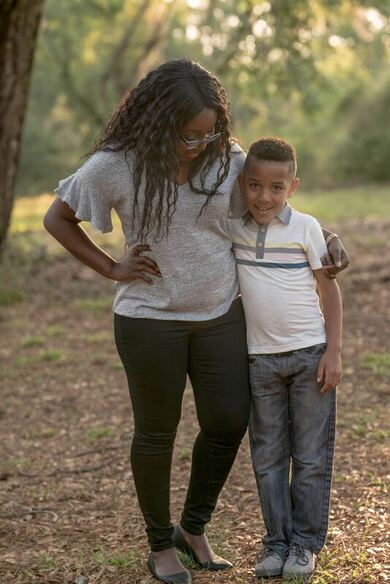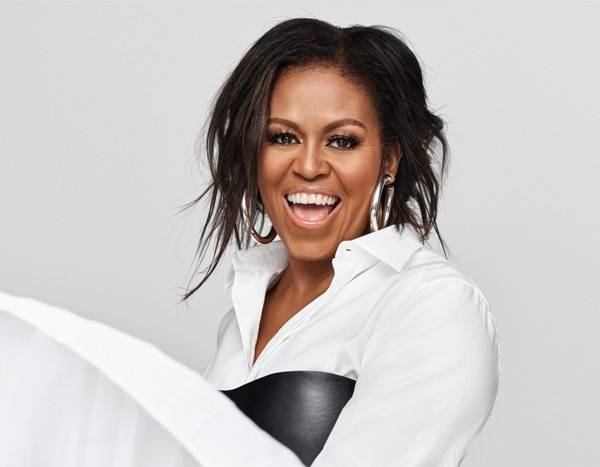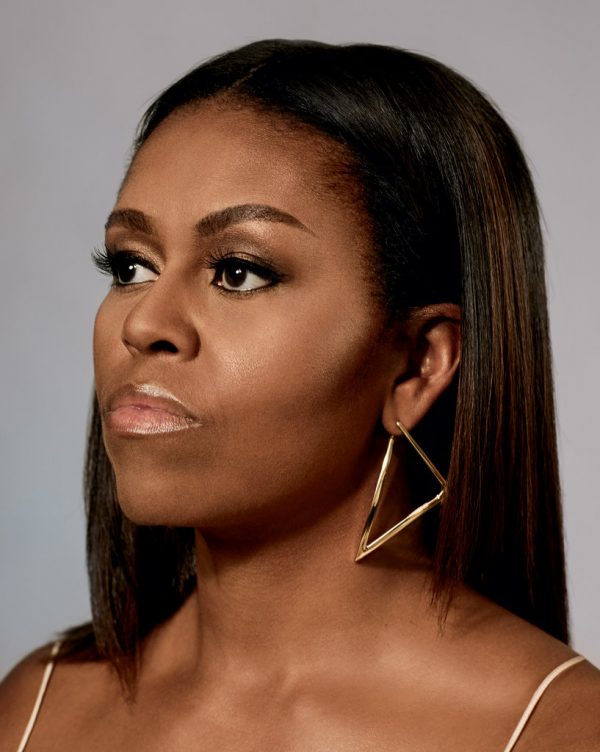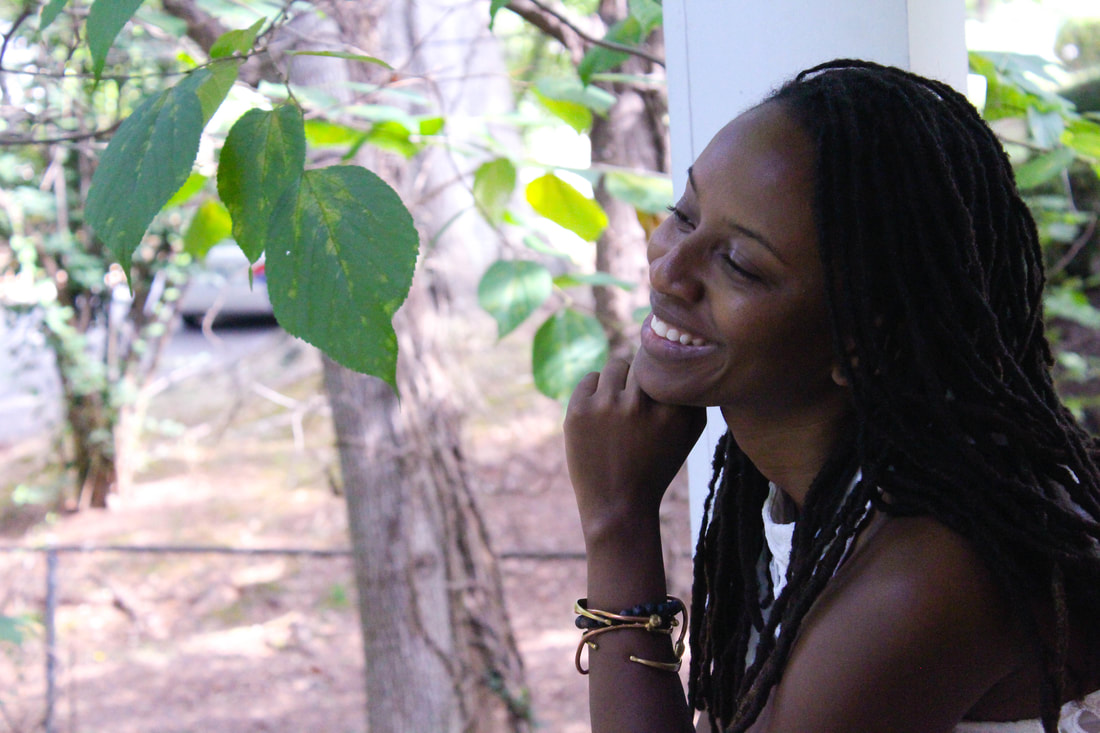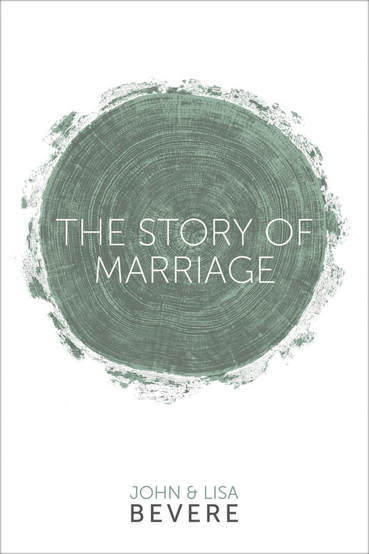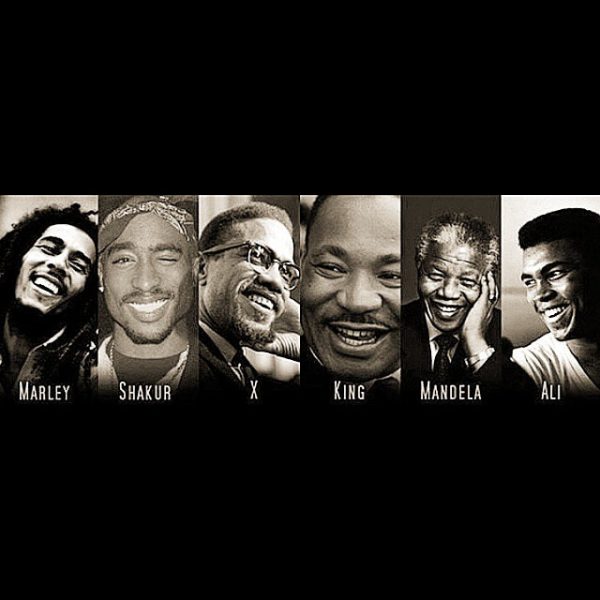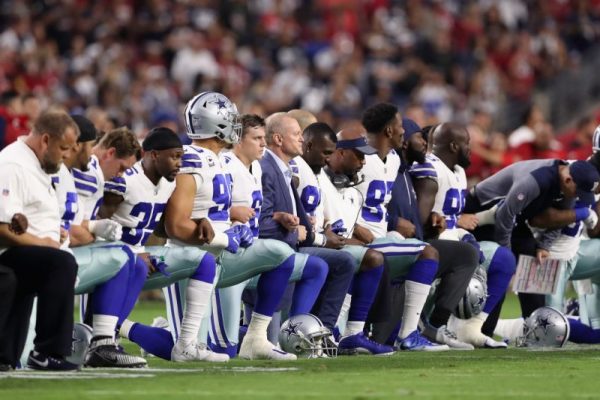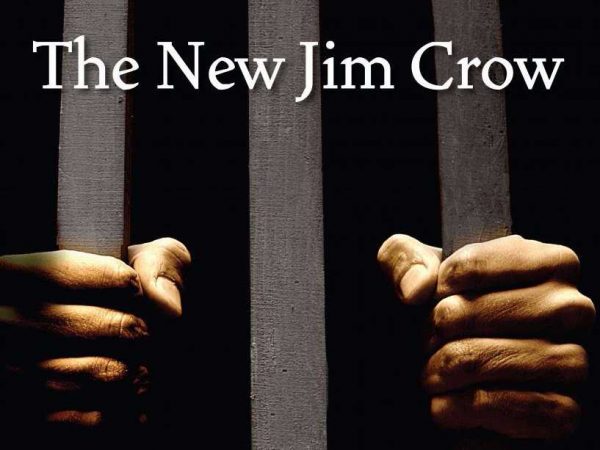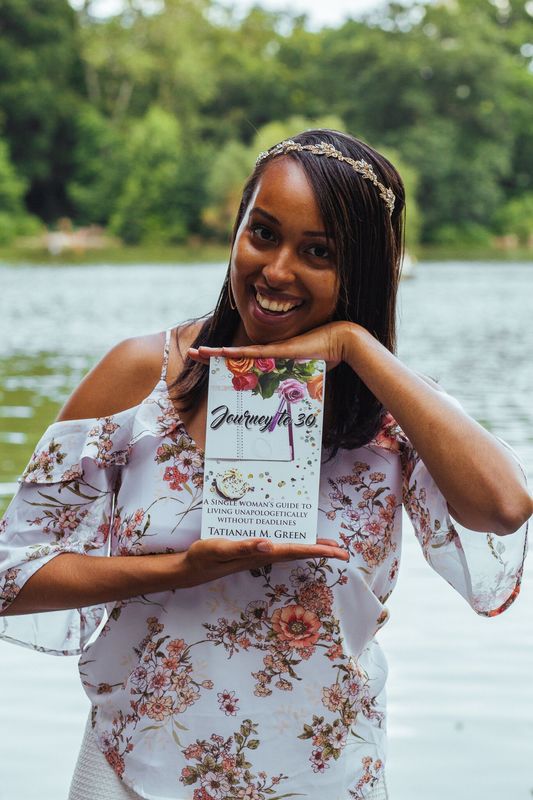The New Jim Crow: Mass Incarceration in the Age of Color Blindness
Michelle Alexander is the brave author who so carefully authored this work. I believe she had in mind as her audience all Americans despite their ethnic affiliation to prove that many of the things we’ve heard for years relating to institutional racism targeted at African-Americans are not just hearsay, but true and needs to be addressed.
She specifically addresses what she calls a new caste system, yet it is an underclass. The underclass that she speaks of legally discriminates against its caste members in the areas of housing, voting, career choice, and job security. These are all of the basic things needed to survive as a naturally productive citizen. Those who abide in this caste system find it challenging to break the negative cycles when not given other opportunities.
The parameters set around those who live in “The New Jim Crow” system are very similar to those set during the Jim Crow period in America. The caste system disproportionately affects African-American Men. Alexander goes into detail on how the “War on Drugs” was specifically set up to fill prisons with African-American males and thus assign them to the new caste system for the rest of their lives.
“Drug offenses alone account for two-thirds of the rise in the federal inmate population and more than half a million people are in prison or jail for a drug offense today, compared to an estimated 41,100 in 1980–an increase of 1,100 percent (Pg 60.)”
“Nothing has contributed more to the systematic mass incarceration of people of color in the United States than the War on Drugs.”
This would not be such a problem if Afro-Americans were just bad people who did drugs all of the time. However, the studies show that Blacks are not more likely to do drugs than Whites and that Whites and Blacks often do drugs at similar rates. So, why have Afro-Americans been affected so sharply by the “War on Drugs?”
The answer is that the laws have been written and enforced to be harsher when targeted to Afro-Americans. According to the book, more Whites use cocaine while more Blacks use crack due to the price. Those carrying 5 grams of crack were given a 5-year minimum sentence. While those carrying the same amount of cocaine, the same drug in a powder form, were given no minimum sentences.
The use of color-blindness or not making obvious that the laws are geared toward a specific ethnic group are what give the laws the power to continue to operate and to enslave Black males in the judicial system without suspect. This is what we define as institutional racism–Racism that is targeted to a group of people based on race without being easily suspect.
This is just one example of institutional racism in the criminal justice system. There have been many systems in this country that have implored and still do use institutional racism to oppress one group of people and uplift another. One of the most current examples would be the new requirements that Trump set out for immigrants to get a Visa. They have to take a test scoring a particular amount in I believe 3-4 different areas.
The areas required for them to score high in, make it nearly impossible for them to pass the test. This way the U.S. Does not have to say, “we don’t want you here because you are Hispanic or Arab.” They can simply say, “You just did not pass the test. You just did not meet the qualifications.” No one would suspect racism because of this, but it is another example of institutional racism. Also, out of the war on drugs, came more racial profiling and even grants given to municipal police departments for meeting drug arrest quotas, which were once again targeted at African Americans.
The book also addressed the awkward tightrope that Black leaders of influence have to walk. It was stated that Black leaders of influence have a lot at stake because they have to please the system that put them there and attempt to please their people in such a way that would not offend the already established system and get them totally booted out. I guess the below example would be a clear reflection of that argument.
In 2010, President Obama made the ratio for crack and cocaine 18:1. In other words, a person found carrying cocaine could now be sentenced for having 18% as much cocaine as someone found carrying crack instead of 100% as much. Even though the new ratio is better, it is still disproportionate.
White People and Black People should pay the same restitution for the same crimes. Grace should not only be shown to Whites but Blacks as well. The argument is waged that if White males filled the prisons due to drug laws the way that Black males have; the prison system would have been reformed.
Mass incarceration in this country, as well as some of the drug laws, re-enforce negative stereotypes about people of color namely Afro-American males. The color-blindness comes in because none of the laws address a particular Ethnic group per se, but the laws are specifically targeted to a specific ethnic group.
The book although, it gives a lot of information about the War on Drugs; covers a history of indentured slavery, chattel slavery, and the loss of manufacturing jobs that affected the stability of both Blacks and Whites. The use of racism is stated in the book as a tool to divide the working poor, so that poor Whites would see an advantage over poor Blacks through the idea of White superiority. The book is a compassionate look at our criminal justice system, stereotypes about African-American males, and various arguments.
Next week, we will address how to respond to racism, and what can be done to address mass incarceration and other racially motivated unjust systems.
